Click on the photo to see the full version
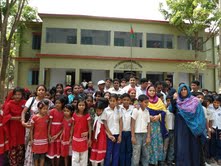
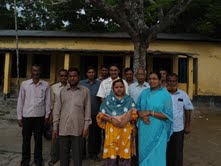
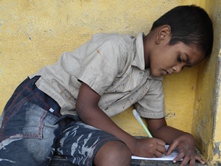
Randomized experiments to evaluate efficacy of greater parental involvement and supplementary teaching in Bangladesh
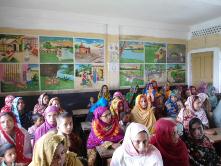
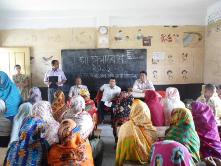
The project involves randomised experiments to evaluate
effectiveness of greater parental involvement and supplementary teaching
in Bangladesh. The first phase of the project was recently completed which show
that parental involvement could boost their children education significantly.
However, it turns out that children in classroom who are left behind did not improve much.
This led to the introduction of an intervention on supplementary teaching, targeting girls and
underperforming students in particular. We hired 200 teachers in the same number of schools who are teaching students outside school hours.
The project is being funded by AusAID(DFAT).
Paper based on this project is coming soon!
Investing in our Future: The Early Childhood Intervention and Parental Involvement in Bangladesh
with John List (University of Chicago)The aim of this project is to understand the impact of pre-schooling in rural communities on cognitive and non-cognitive skills of children. The project, using a randomized controlled trials (RCTs), is being implmented in 200 villages to evaluate the efficacy of three interventions: a preschool program, this program combined with a parent academy, and combined with home visit.
The first intervention will establish a pre-school program that aims to prepare pre-primary students for formal school and provide them with the skills needed to perform well in primary schools and beyond. The second intervention will add a `Parent Academy' which will consist of a series of interactive workshops designed to assist parents in supplementing their child's school learning. The third intervention will include fortnightly home visit by teachers/caregivers to demonstrate parent-child interactions and learning environment at home.
The research is supported by DFID and UK research council (ESRC)
Can Learning Chess Improve Student Creativity? A field experiment in Bangladesh
with Wang-Sheng Lee and Aaron Nicholas (Deakin University) This project involves a randomized experiment of primary school students in Bangladesh using chess instruction as an intervention. We assess the effect of chess lessons on both creativity and academic achievement.
Creativity is increasingly recognised as a core component of economic development and competitive advantage. Games like chess teach children to plan, calculate and think ahead, but also to think abstractly, visually, and to focus on certain aspects of a large-scale problem. These are aspects that are ignored by education systems that foster conformity, compliance and standardisation and emphasize test scores. Experimental results evaluating game-like interventions such as chess instruction will help inform evidence-based policies that emphasize creativity and non-cognitive skills.
Financial literacy and trading behaviour of small investors in stock market
with Kazi Iqbal (BIDS) Improving financial literacy of the small investors is central to the development of a viable financial sector. In this study, we train investors on capital market and examine how such training change the trading behavior of the investors. We collaborate with seven brokerage houses in Dhaka to train the small investors. The professional trainers provide training on the fundamentals of stock valuation. We primarily focus on ‘rule of thumb’ method considering a large number of small investors do not have sufficient accounting knowledge. We conduct the lab-in-the-field experiment to examine how these real small investors’ behaviour in stock trading are affected by their attitudes towards uncertainty, risk-taking behaviour and personality traits.
The research is supported by Faculty of Business Economics at Monash University.
Technology Adoption and Diffusion among rice farmers in Bangladesh
With Chris Barrett (Cornell University) and Marcel Fafchamps (Stanford University)
Non-financial incentives, Signaling and Retention of Volunteers: Lessons from the field experiments on volunteer teachers
with Choon Wang, Sakiba Tasneem, M.A. Malek (BIDS)BRAC runs a large-scale volunteer tutor (Chattabandhu) program to provide fresh university graduates with training and to help economically disadvantaged students to improve learning in rural Bangladesh. The Chattabandhus work as a community volunteers who provide tutoring services for selected poor secondary school students. This research will help inform if training provision and the use of performance-based certificate in general have any effect on unpaid interns' likelihood of staying in a program or finding a new paid job, as well as their performance. We use randomized field experiments to test: (1) whether volunteers participate in volunteering work to signal themselves, to acquire human capital, or for altruistic/warm glow; and (2) whether non-financial incentives and training given to volunteers can influence their retention and outputs. It provides both performance based and non-performance based non-financial incentives to explore what type of non-financial incentive system motivate volunteer workers to retain with the program and perform better through understanding how they signal about their ability in a high-powered and low-powered incentive regime. The RCTs is being carried out in a new phase among 600 secondary schools in Bangladesh.
Network and Peer Effects in Education: Evidence from a Field Experiment in Bangladesh
With Youjin Hahn, Eleonora Patacchini, and Yves Zenou
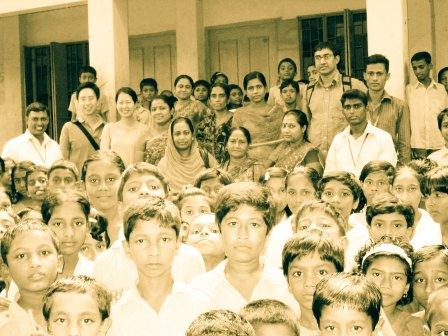
This research investigates the effects of social networks on the educational outcomes of students in Bangladesh. The experimental design involved grouping students within a classroom among grade-four students in rural primary schools. We randomize 150 schools into three different groups: (i) the pure random group (80 schools) where we randomly allocate students into groups; (ii) the friendship group (35 schools) where we group students based on their friendship; (iii) the pure control group (35 schools) where we did not group students at all. Our results suggest heterogeneous effects of grouping. We find that friendship groups perform better than pure-random groups in individual math test among the middle group ability. However, for very high and low ability students, belonging to a friendship group does not necessarily increase own math score. Interestingly, we find that female students� test scores improve significantly more than their male counterparts when grouped with their friends. We also find no evidence of outcome differences between students in the pure random group schools and those in the pure control group schools. We then study the importance of network centrality of a group on own outcomes among students from the pure random groups only. We show that, for the general knowledge test, the average eigenvector centrality of the group matters most for own grade while, it is the Katz-Bonacich centrality and the key-player centrality that mostly affect the math score. Finally, we test peer effects among students in the pure random groups and show that having being (randomly) assigned to a group with high grades does indeed increase own grade in math tests.
The effects of a randomized controlled health information campaign on sex workers' health, labour, and other outcomes in Bangladesh
With Choon Wang and Russell Smyth
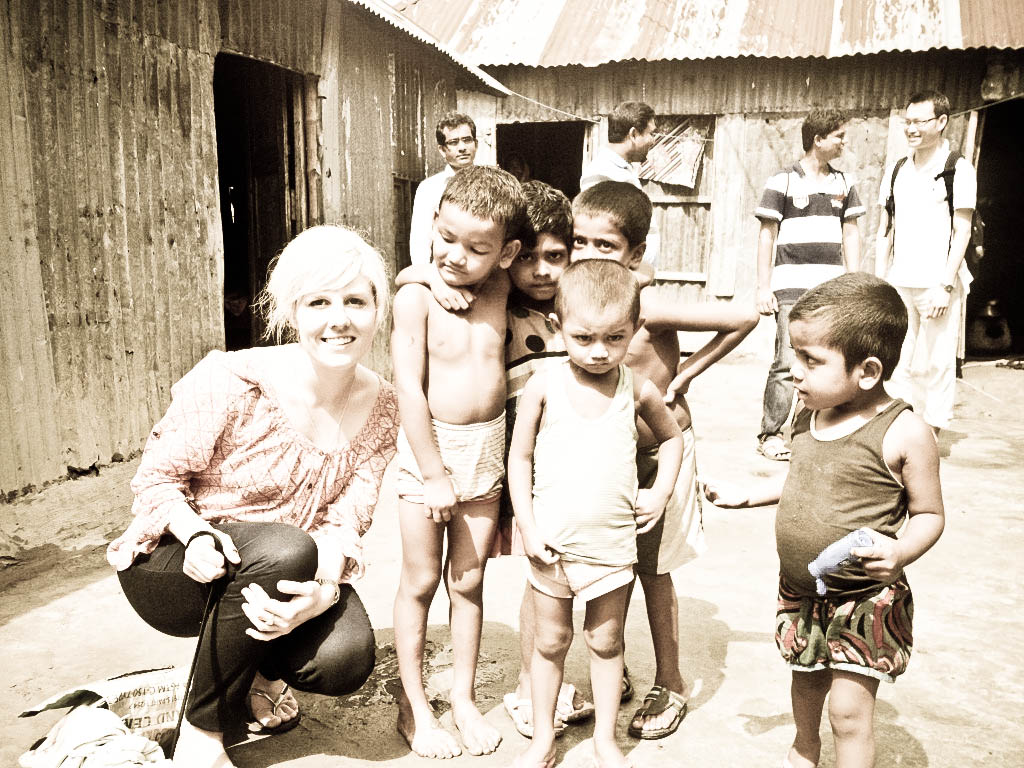
Labour Supply Response to Earnings of Fisherman from a Developing Country: Identifying Intertemporal Substitution and Reference-Dependent Preferences
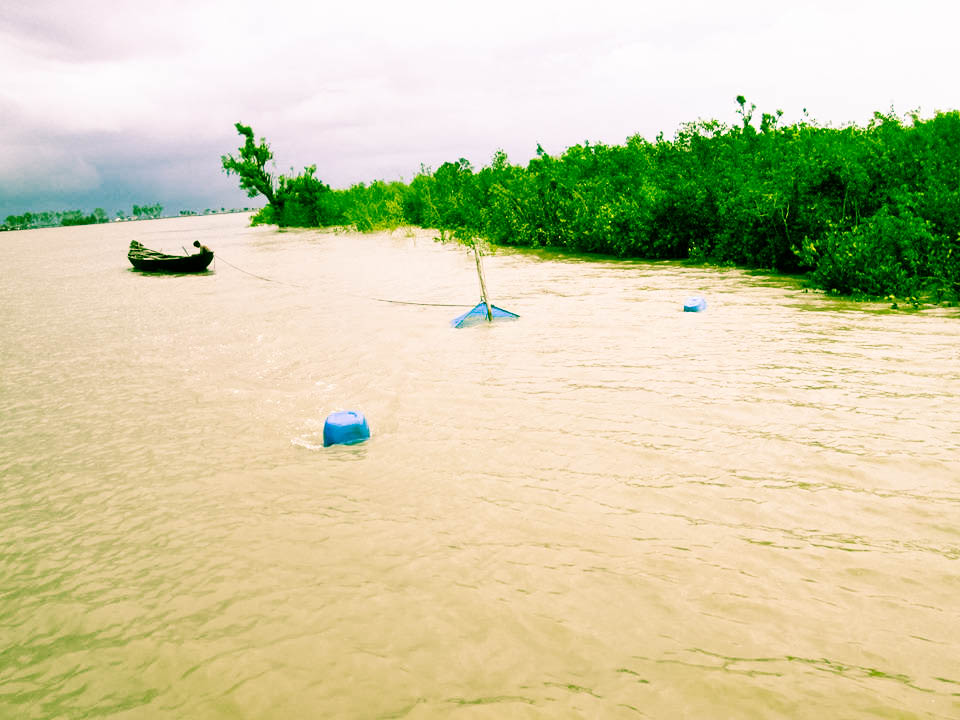
I study daily labour supply responses to temporary earnings increases of fishermen in a developing country. In particular, I test two hypotheses about the response of labour supply to increases in earnings: the conventional framework of intertemporal substitution versus reference-dependent preferences. I am collecting individual-level daily labour force participation, labour supply and the value of catches for fishermen from Southern Bangladesh. The data have been collected for 500 fishermen from 20 villages over a period of two years. Each fisherman has been interviewed weekly to get their daily fish catch, amount they consume and sell, and the time period and daily hours of work for catching fish and other purposes. In addition, I plan to do a household survey in late 2013 for these fishermen to collect their socio-economic information, and understand their risk, competiveness and trust. The latter would enable to test how; for example, risk taking behaviour is associated with labour supply responses to shocks.
Experiment on Microfinance and Women Bargaining power and Empowerment
With Chau Nguyen and Klaus Abbink
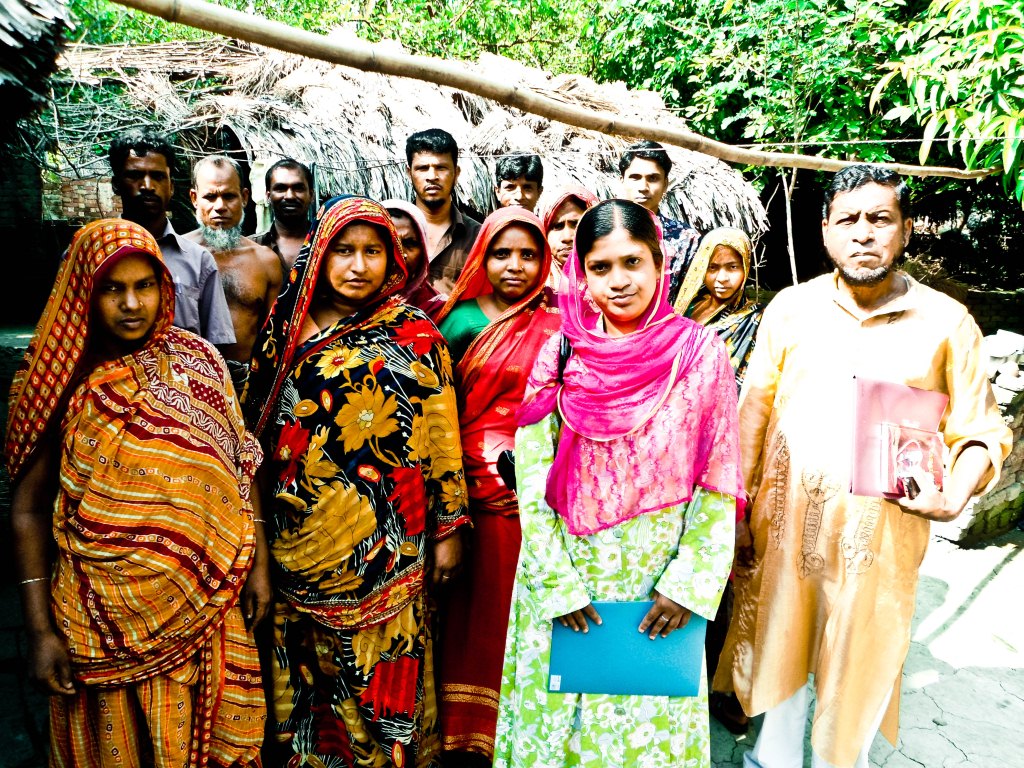
This study aims to provide an experiment approach to the household decision-making problem, with a focus on women's control over household's investment in the context of microfinance. We would address the following research questions: (1) Is there any gender bias in household's financial decision-making?; (2) Why do women tend to relinquish loans to their husbands' control? ; (3) Are women more likely to invest in safe project over risky project?; (4) Under which circumstances are women more likely to engage in decision making?; (5) Does group lending perform better than individual lending in terms of engaging women in financial decision-making?
(Field experiment is ongoing)
Do War Residuals Exist in Cambodia? Experimental Evidence on Childhood Experience of Civil War in Cambodia on Trust, Altruism and Anti-social Behaviours
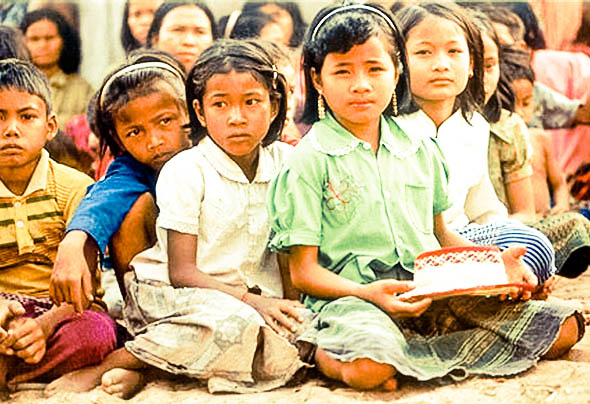
Cambodia was affected by civil war; and the exposure of children in this intense violence may influence present generation environment for social and economic interaction in the society. The regime taught people to hide the truth and created environment and memories of fear to stand against the ruler. It is also quite possible that the case of envy, selfish and greedy present in Cambodian society after strongly involved in war. The older may feel more suffered through tremendous hardships; some faced the death of the family member and many continue to carry their painful memories throughout their daily lives. Thirty years after the Khmer Rouge regime, therefore, this research aims to investigate the long-term effects of civil war in Cambodia on trust, altruism, and anti-social behaviours, particularly on the generation who their childhood exposed extremely to the civil war. This study focuses on a long-term link between conflict and trust attitude and anti-social behaviours, which adds to existing stock of researches on conflict.
(Experiment will start in late OZ summer. I cannot wait to go back again to Cambodia!!)
Impact assessment of credit program for the tenant farmers
With Abdul Malek (BRAC)

Understanding Corruption and risk-coping behaviour following disaster.
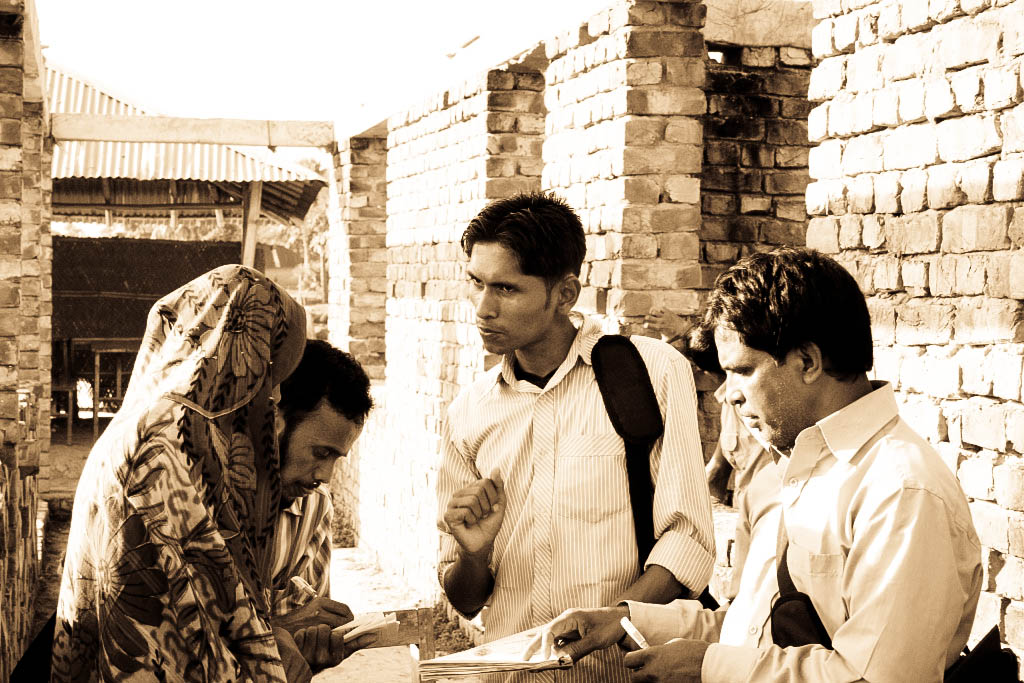
With Paul Raschky and Minhaj Mahmud (BIDS)
In May 2009 Bangladesh experienced a catastrophic cyclone (Known as
Aila) in some parts of its country. Thousands of Cyclone Aila survivors
have been hit again in February-March 2010 because of the embankments
that were damaged by Aila were either not built in time. We examine the
impact of the cyclone/ flood on affected households, corruption in
post-disaster aid disbursement and risk-coping strategies using a panel
household level survey data set covering 1500 rural households. We also
examine the insurance take-up following disaster, as well as risk and
time preference using field experiment. The first survey has been
conducted during October 2010-January 2011. The follow-up survey and
field experiments on risk-taking and risk sharing behaviour have
recently been completed (January 2013) and we are working on the data.
Gender Differences in School Enrolment: Are they a reflection of Gender Bias in Parental Attitudes?
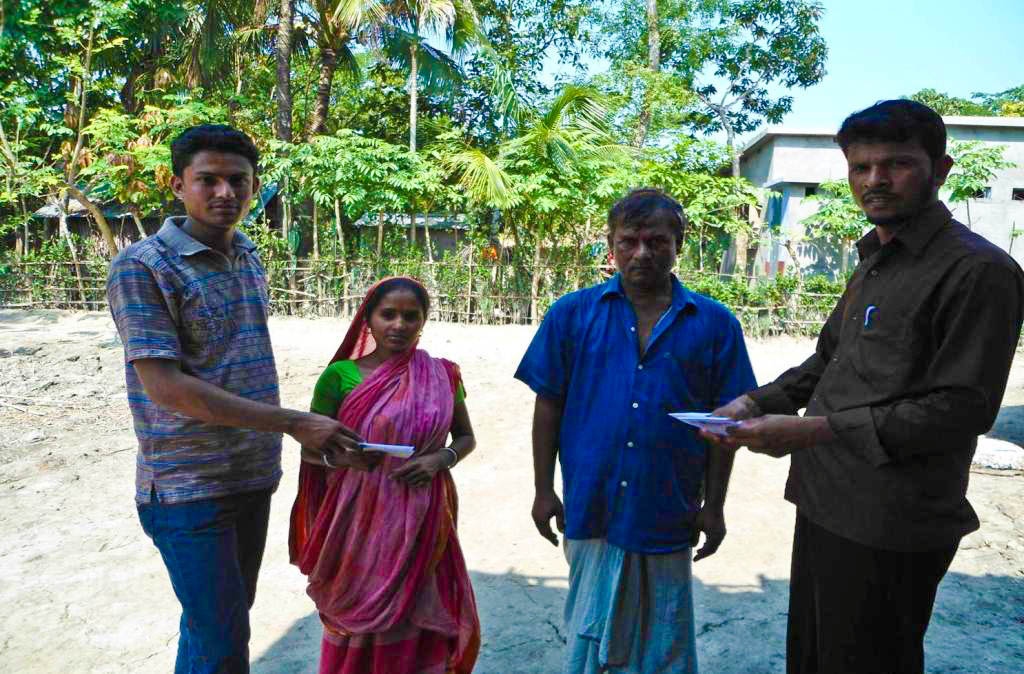
With Lutfunnahar Begum and Phil Grossman
This study focuses on parental attitudes towards different children's
gender. The survey data provides information on parental decisions that
might not reflect their true attitudes. We undertake a randomized field
experiment with a game theoretic approach in order to identify the
attitudes of parents.
A draft paper based on this project is available upon request.
The Impact of Aggregate and Idiosyncratic Shocks/Uncertainties: Do Immigrants Behave Differently than the Native-born?
With Steven Stillman (Otago University) and Chris Worswick (Carleton University)
We examine the impact of idiosyncratic and aggregate
shocks/uncertainties to immigrant and native-born households in
Australia and Canada. We further investigate the different responses of
indigenous and non-indigenous households to such shocks/uncertainties.